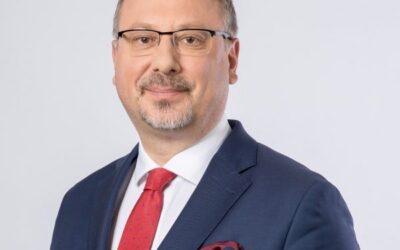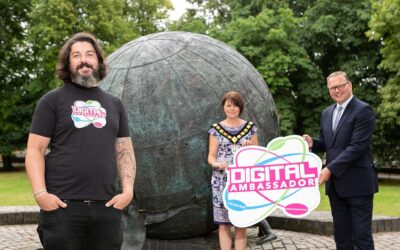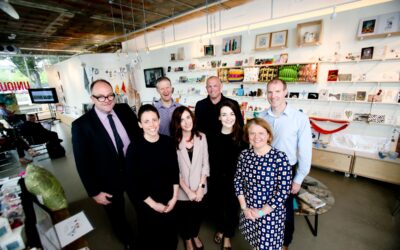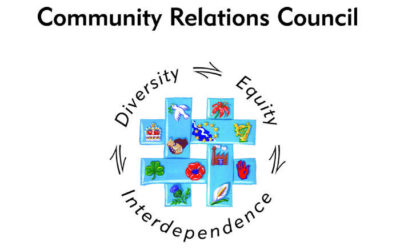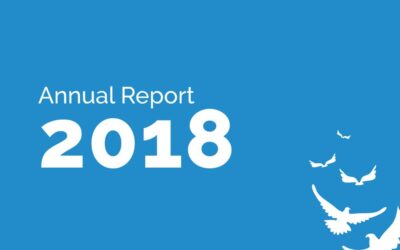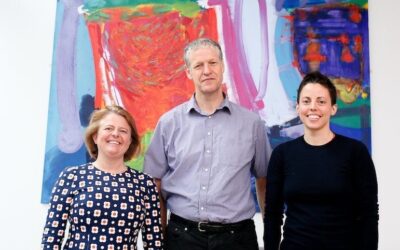These are difficult and frightening times. Democracy is fraying and peace is hard to find. Those of us who are committed to building democracy and peace could be forgiven for feeling dispirited. So Christmas is all the more welcome for the powerfully paradoxical...
Posts from category:

Noli Timere – Christmas reflection from Lord Alderdice
These are difficult and frightening times. Democracy is fraying and peace is hard to find. Those of us who are committed to building democracy and peace could be forgiven for feeling dispirited. So Christmas is all the more welcome for the powerfully paradoxical...
Polish Ambassador to visit Belfast this week
The Polish Ambassador to the United Kingdom His Excellency Arkady Rzegocki will visit Belfast this week. The Ambassador, who has held his post since September 2016, will meet with political leaders and senior civil servants to help promote cultural and economic ties...
International conference to host fringe event in Armagh
The Market Place Theatre Armagh will host an innovative Digital Lab event on Friday 26 October as part of the international ‘Build Peace’ conference in Belfast. The ‘Peacetech 101 Digital Lab’ event offers a hands-on introduction to the use of innovative technologies...
Build Peace Conference expected to generate over £345k for local economy says Visit Belfast
Build Peace, the international conference which takes place at the end of October in Belfast is expected to generate over £345,000 for the local economy, according to Visit Belfast – the official tourism marketing agency for the Belfast City Region. The conference,...
Community Relations Council Bursary for Build Peace 2018
The Community Relations Council has generously sponsored 10 bursaries for young people living in Northern Ireland to attend the Build Peace conference in Belfast from October 29-31. Build Peace brings together practitioners, activists, academics, policy makers,...
Lord Alderdice awarded Honorary Doctorate
Lord Alderdice has today (Tuesday, July 10) been awarded an Honorary Doctorate (Doctor of Literature) by the University of Wales Trinity Saint David. Professor, the Lord Alderdice FRCPsych, is a Liberal Democrat member of the House of Lords and was the Chairman of the...
Annual Report 2018: The challenges of our time
In my life-time there has never been a greater need, across the world, for people to work for democracy and peace building. When we started CDPB our focus was largely on Northern Ireland – what we had learned, and what we needed to do to complete the Peace Process. It...
New tech, prosperity and peace @ Digital DNA
CDPB are delighted to host in partnership with Build Up a session on "New tech, prosperity and peace" at the annual Digital DNA conference in St. George's Market, Belfast. We will explore how creative industries and technological innovation in private, public and...
Ulster University in partnership with Build Up and CDPB to host Build Peace in October 2018
Ulster University in partnership with Build Up and the Centre for Democracy and Peace Building, will host the fifth international Build Peace conference. Taking place from 29-31 October, the conference brings together practitioners, activists, academics, policy...

